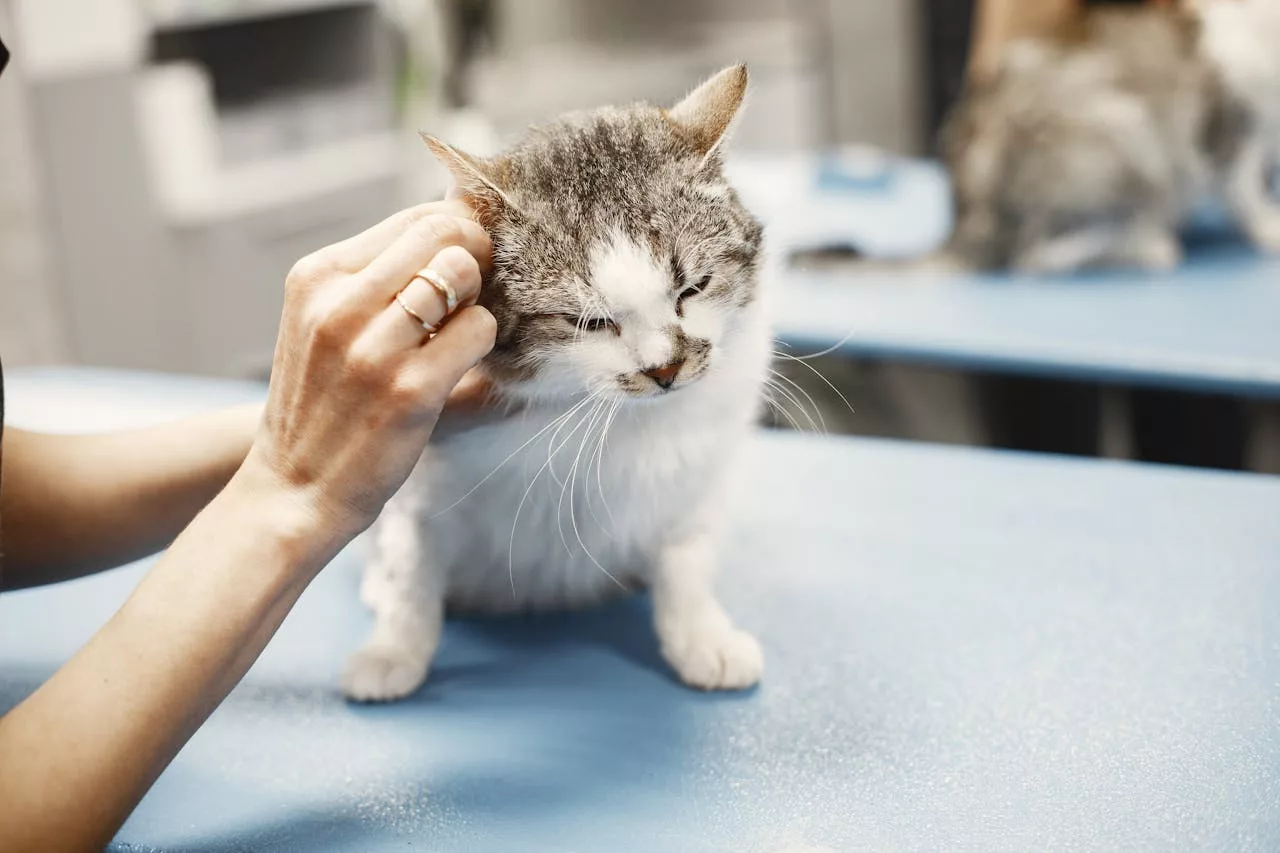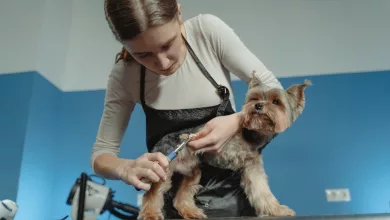Welcoming a new pet into your home is an exciting and rewarding experience. However, with the joy of owning a pet comes the responsibility of ensuring their health and well-being. One of the most important aspects of pet care is establishing a strong relationship with a veterinarian and staying on top of regular veterinary care. For new pet owners, here are some essential veterinary care tips to help ensure your furry friend stays happy and healthy.
1. Schedule a Veterinary Visit Right Away
One of the first things you should do after bringing a new pet home is to schedule a veterinary checkup. This initial visit is crucial for several reasons:
- Baseline Health Check: A veterinarian will examine your pet to assess their overall health and identify any immediate concerns.
- Vaccination Plan: Your vet will advise on necessary vaccinations based on your pet’s age, breed, and lifestyle.
- Preventative Treatments: Flea, tick, and heartworm prevention treatments are typically started at this time.
Establishing care early also gives you the opportunity to ask questions and get advice on caring for your pet in the long term.
2. Understand Your Pet’s Vaccination Schedule
Vaccinations play a crucial role in preventing life-threatening diseases in pets. Each species, whether it’s a dog, cat, or another animal, has its own recommended vaccination schedule. Common vaccines include:
- Dogs: Rabies, distemper, parvovirus, and leptospirosis.
- Cats: Rabies, feline leukemia, and calicivirus.
Your vet will set up a vaccination schedule specific to your pet. Sticking to this schedule is vital, especially in the first year of your pet’s life, to ensure they are protected from harmful diseases.
3. Stay on Top of Parasite Prevention
Parasites like fleas, ticks, and worms can cause significant discomfort and health problems for pets. Regular treatments prevent infestations and reduce the risk of diseases like Lyme disease and heartworm. Some key points to remember:
- Year-round Protection: Even if you live in a colder climate, it’s essential to maintain parasite prevention throughout the year.
- Multi-pet Households: If you have more than one pet, ensure that all animals are treated to prevent cross-infestation.
- Monitoring: Regularly check your pet for signs of parasites and consult your vet if you suspect an infestation.
4. Spay or Neuter Your Pet
Spaying (for females) or neutering (for males) is not only important for controlling the pet population but also has numerous health benefits. These procedures can:
- Prevent Certain Cancers: Reducing the risk of reproductive cancers.
- Behavioral Benefits: Spaying or neutering can reduce behaviors such as marking, roaming, and aggression.
- Longer Life Expectancy: Pets that are spayed or neutered tend to live longer, healthier lives.
Most vets recommend spaying or neutering your pet at around six months of age, though this can vary depending on the species and breed.
5. Regular Dental Care Is Crucial
Just like humans, pets need regular dental care to prevent oral health problems such as gum disease and tooth decay. Many new pet owners overlook this aspect of care, but it’s essential to keep in mind:
- Annual Dental Exams: Your vet should check your pet’s teeth and gums during annual exams.
- Home Care: Brush your pet’s teeth regularly or provide dental chews to help reduce plaque buildup.
- Signs of Problems: Bad breath, difficulty eating, or excessive drooling can be signs of dental issues that require veterinary attention.
6. Keep an Eye on Your Pet’s Weight
Obesity is a growing issue among pets, and it can lead to serious health problems such as diabetes, arthritis, and heart disease. To keep your pet in optimal health:
- Regular Weight Checks: Monitor your pet’s weight and ask your vet what the ideal weight range is for their breed and size.
- Balanced Diet: Ensure your pet is eating a balanced diet appropriate for their age, breed, and activity level. Avoid overfeeding or giving too many treats.
- Exercise: Regular physical activity is crucial to prevent obesity and keep your pet mentally stimulated.
7. Plan for Regular Wellness Exams
Even if your pet seems healthy, regular wellness exams are essential for early detection of potential health issues. These exams typically include:
- Blood Tests and Screenings: To monitor for underlying health conditions.
- Body Condition Assessments: Ensuring your pet is at a healthy weight and in good physical condition.
- Behavioral and Nutritional Counseling: Your vet can provide advice on any changes in behavior or diet that may benefit your pet’s health.
Annual wellness exams are typically recommended, but older pets or pets with known health issues may require more frequent visits.
8. Emergency Preparedness
As a new pet owner, it’s important to be prepared for potential health emergencies. Here’s how to stay ready:
- Know the Signs: Learn the signs of common emergencies, such as difficulty breathing, excessive vomiting, or sudden lameness.
- Emergency Vet Contacts: Identify the nearest 24-hour emergency veterinary clinic and keep their contact information easily accessible.
- First Aid Kit: Consider keeping a pet first aid kit at home with essentials such as bandages, antiseptic wipes, and any medications your pet may need.
Conclusion
As a new pet owner, taking the time to understand your pet’s veterinary care needs is one of the most important things you can do to ensure a long, happy, and healthy life for your companion. Regular checkups, vaccinations, and preventative care are key to catching potential problems early and keeping your pet in optimal health. By establishing a good relationship with your veterinarian, you’ll have the guidance you need to navigate the wonderful journey of pet ownership.




